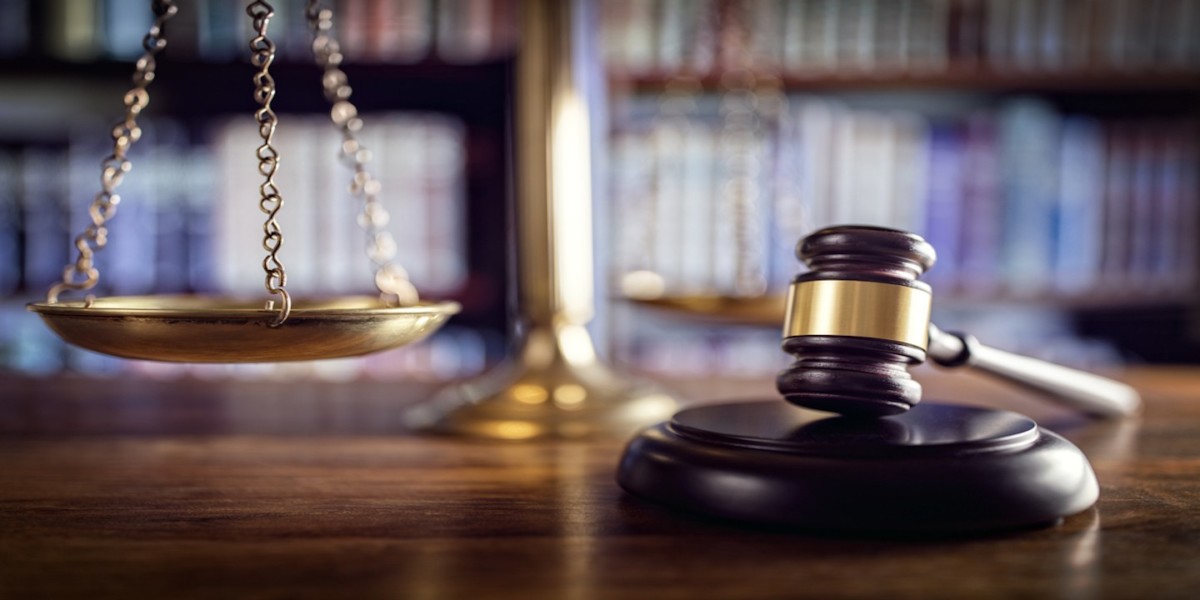

We did everything in our power to make it happen. Today, the High Anti-Corruption Court of Ukraine has come into operation. Many representatives of the public feel relieved. Even more people hold their breath waiting for the expected results of its work. Most Ukrainians won’t even notice anything. And some people will probably… lay low, feeling that the rules have changed now. At least, they should change.
What is special about this court, apart from the fact that it’s dedicated to anti-corruption?
We have a court system with thousands of judges who were supposed to fight corruption and crime in this country throughout its independence time. We also have prosecutors and investigators. However, unfortunately, during the past 25 years, we have a feeling that law enforcement and the judiciary have completely forgotten why they exist in the first place. There was no point in counting on them. If there is some hope (for a second time now) that the prosecution will be cleansed, the situation with the police remains sad.
That is why the idea of creating the NABU and the SAPO emerged. They are agencies that focus specifically on grand corruption. In comparison with others, they are small agencies. Despite their short operation period, there is already an idea that no matter what case the NABU and the SAPO investigate, it will all fall apart in court because of the judge’s lack of professionalism or bias.
Let’s think back to the reform of the judicial system which started during the previous administration. Firstly, we could feel the results of this reform in five to ten years, which is too long in our situation. Secondly, what was supposed to be a reform was nothing more than some big words and little action. Ukraine needs a completely different court, with new recruitment strategies and a focus on integrity, qualifications and quality of judges’ work.
That’s how the Anti-Corruption Court was conceived. While the judicial system is being cleansed and reformed, we need a separate judicial institution, as objective as possible, to try grand corruption cases.
Even though the court only came into operation on September 5, there are at least three reasons why it is already special.
First, it is a symbol. For instance, Americans always pay attention to the behavior of the US President with this or that person — how the President shook somebody’s hand, whether he smiled, what tone he spoke in. People attach importance to such non-verbal signals because they instantly show how their lives can change through the President’s actions. In the case with the High Anti-Corruption Court, we have a signal to the society that justice in this country does exist. There is hope that Ukraine can actually adhere to the principle of rule of law, at least when it comes to grand corruption. And this affects our life no less than information on whether Trump shook Zelenskyy’s hand.
Second, HACC judges have gone through a much tougher recruitment procedure than any other judges. For the first time in Ukraine, this process involved international experts who had key influence on decision-making. The requirements to the candidates’ integrity were truly high. I sincerely hope that the same requirements will soon be made to all the other judges.
Thirdly, the HACC is a logical completion of the anti-corruption system in Ukraine. Despite different quality at different levels, the system already works “full cycle.”
Anti-Corruption Court judges will work with very difficult cases. Grand corruption is called this way not only because it involves high-ranking officials, but also because these cases are much more difficult than the ones faced by local judges.
From my observations, most people expect convictions from the HACC, that is, they want somebody to end up behind the bars. This is easy to understand. The previous administration made many promises. However, the goal of a truly fair court is to make fair decisions.
Corruption-related cases of the highest level have to be tried with utmost attention and professionalism. I hope the judges will be not just critical, but also completely unbiased to both parties. They will work under incredible pressure of the public and the media, even in the court room. Quite a challenge, wouldn’t you say?
Now, we see the HACC as a kind of perfect court. But we are yet to see how it works. We hope this institution will become a wonderful example of objectivity.
But let’s not forget that we will have a real objective idea of the court’s work in about a year, not earlier than that. There are no fast cases in grand corruption. The society needs to be patient just a little more, so we can finally get what we want.






